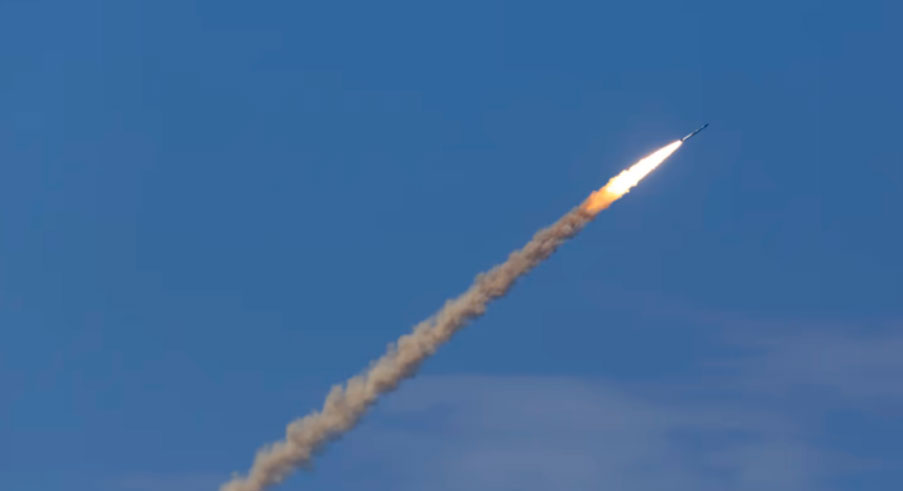Los ataques de cohetes a la infraestructura energética de Ucrania coincidieron con los ataques cibernéticos del grupo de hacktivistas prorrusos, afirman los funcionarios ucranianos .La mayor empresa privada de energía de Ucrania DTEK, fue ciberatacada simultáneamente con el bombardeo de la planta de energía térmica de la misma empresa en Kryvyi.
Kinetic attacks on Ukrainian energy infrastructure coincided with cyberattacks from pro-Russian hacktivists group, officials claim.
A cyberattack on Ukraine’s largest private energy sector company DTEK was launched in cooperation with missile attacks on the Kryvorizka power plant in the Eastern part of Ukraine.
According to Victor Zhora, the deputy head of the State Service of Special Communications and Information Protection (SSSCIP), Ukraine’s cyber watchdog, the attack adds to a list of evidence of how cyber and kinetic attacks are used in unison.
“One more evidence of coordination of kinetic and cyber operations by russian [sic] aggressors. Ukrainian largest private energy company DTEK was cyberattacked simultaneously with the shelling of thermal power plant of the same company in Kryvyi Rih,” Zhora wrote in a tweet.
The owner of the Kryvorizka power plant, DTEK, confirmed that the company was under a Russian cyberattack to destabilize the technological processes at power generating and distribution companies.
“It was at the same time as a terrorist missile attack on the Kryvorizka TPP took place that another attempt was witnessed to attack the company’s digital infrastructure,” reads DTEK’s statement.
The culprit behind the attack is a pro-Russian hacker group XakNet. The group posted screenshots of DTEK’s data on their Telegram channel as proof.
According to a report by CISA, members of XakNet are likely to be working with another pro-Russian group, Killnet. Killnet, a pro-Russian hacker group, launched distributed denial-of-service (DDoS) attacks against Lithuania and Norway last week. Both countries were targeted for their support for Ukraine.
Hacker wars
The conflict between hacker groups started after Russia invaded Ukraine on 24 February. Groups supporting Ukraine started targeting organizations in Russia to help the country defend against the invasion.
Kyiv succeeded in rallying an international IT army to help it fight the digital war. Anonymous, Ukraine’s IT Army, Hacker Forces, and many other hacktivist groups started targeting Russia’s private and state-owned enterprises.
Digital warriors don’t shy away from targeting services used by civilians. In one attack, 800 Russian resources, including banks, stock exchanges, and insurance services, were hit in a week, disrupting the country’s online and mobile banking services.
According to the United Nations, the Russian invasion of Ukraine has created the ‘fastest-growing refugee crisis in Europe since World War II.’ Over 12 million people were displaced due to the conflict in a nation with 44 million residents.
Witness testimonies from Ukrainian towns Russian forces have occupied for close to a month point to severe human rights violations and targeted lethal attacks against civilians. Reports of “gross and systematic violations and abuses of human rights” got Russia suspended from the UN Human Rights Council.
Fuente: https://cybernews.com


